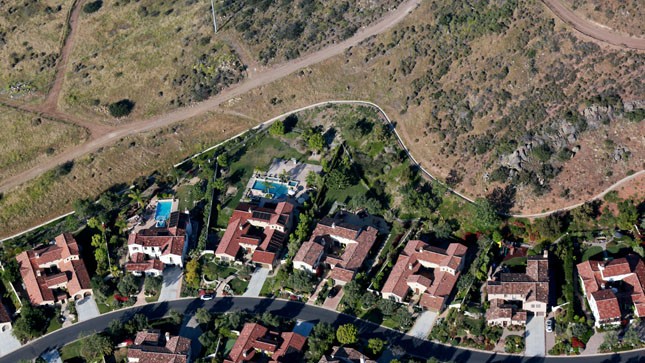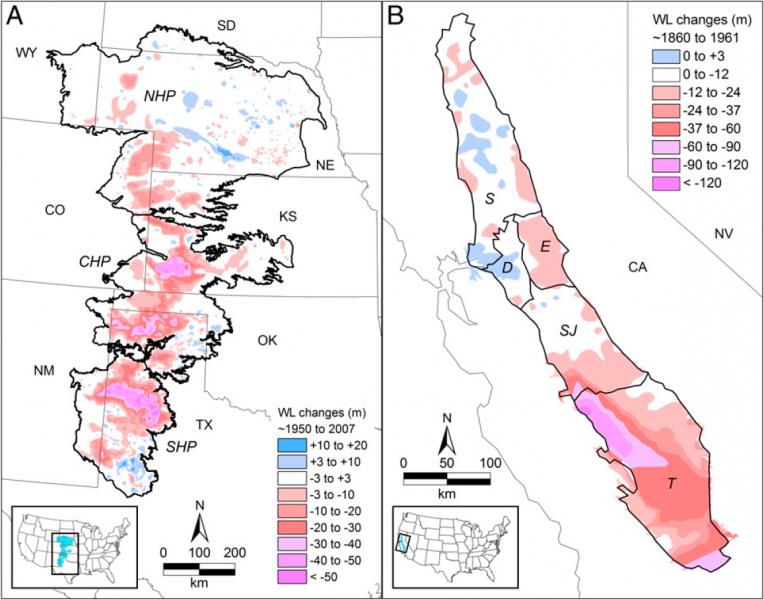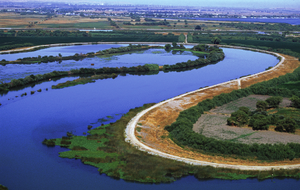You are here
Wed, 2011-08-10 00:23 — mdmcdonald
Discussion centered around the water issues and solutions for San Diego County region
Add Content to this group
Members
| mdmcdonald |
Email address for group
san-diego-water@m.resiliencesystem.org





 California's Bay-Delta water supply area // Source: usgs.gov
California's Bay-Delta water supply area // Source: usgs.gov
Recent Comments